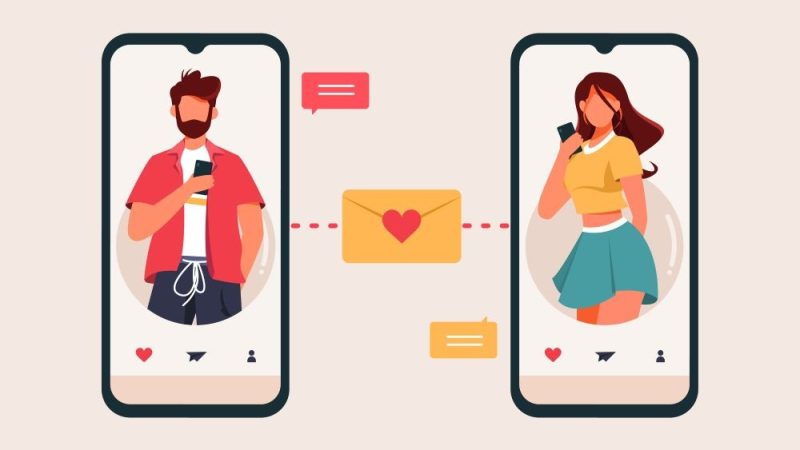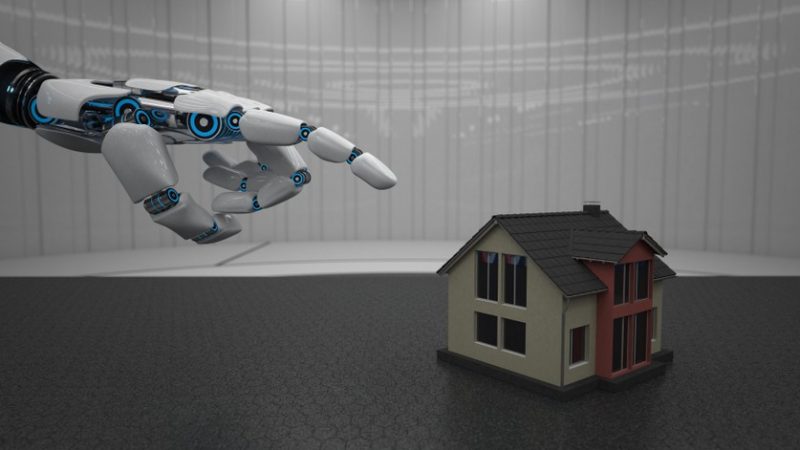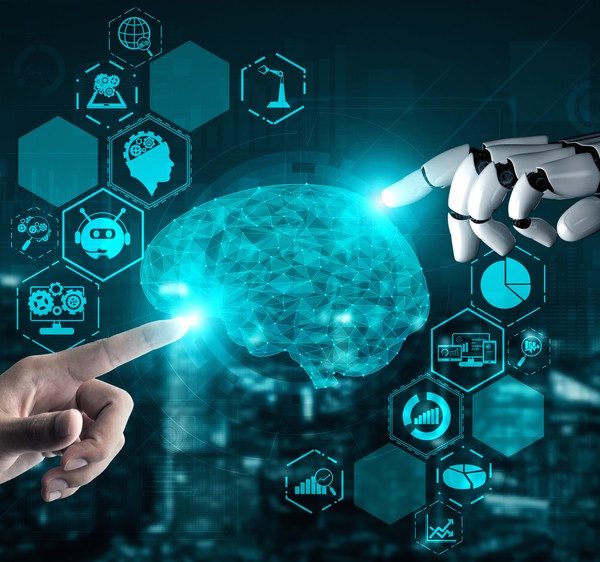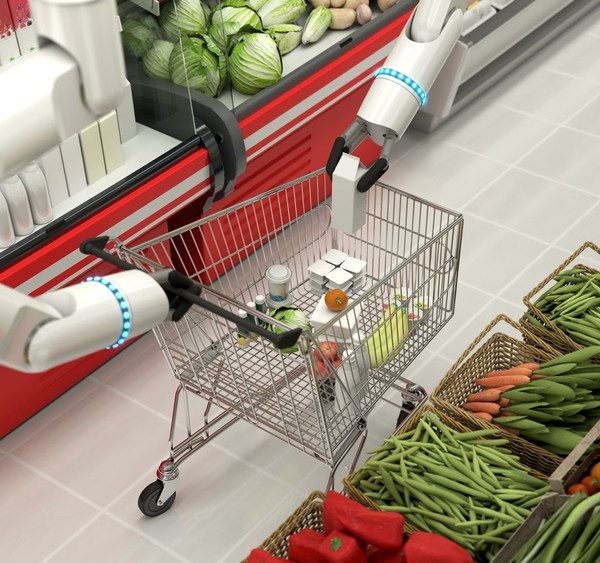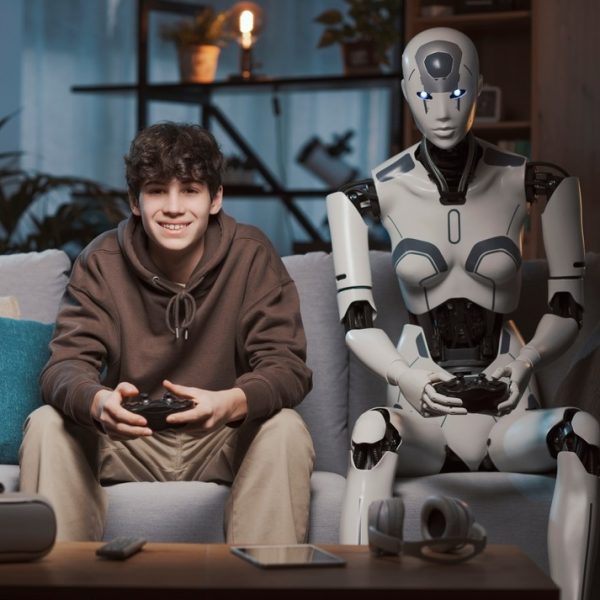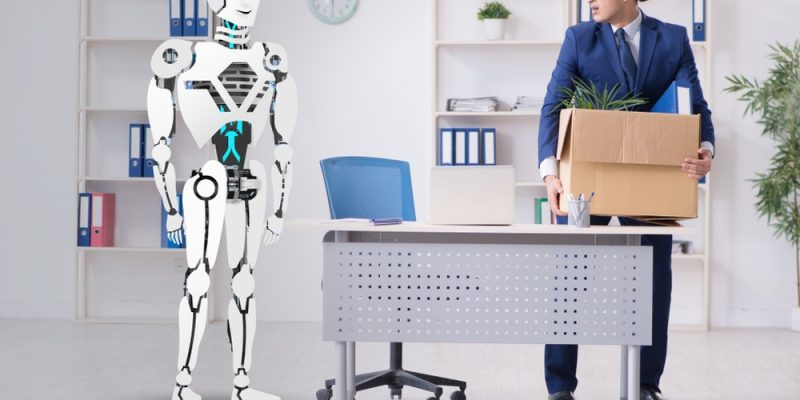
How Artificial Intelligence is Impacting Jobs and Careers
Artificial Intelligence (AI) has been a hot topic lately, thanks to the rise of AI-powered chatbots like ChatGPT. This Microsoft-backed OpenAI creation has impressed and shocked many with its ability to answer questions, write essays, and even argue legal cases. However, it has also raised concerns about how AI might impact jobs and careers in the near future.
Will AI Replace Our Jobs?
The short answer is yes. AI is advancing rapidly, and it is increasingly possible to replace human work with machines. Jobs that involve highly repetitive tasks or very specific instructions are the most vulnerable. However, roles that require adaptability, flexibility, and strong interpersonal skills are less likely to be replaced.
Experts suggest that history has shown that the creation of new jobs resulting from the ability to create and deliver new types of goods and services has far outpaced the number of jobs displaced. In other words, new technology has always led to job displacement, but it has also created new opportunities.
What are the New Jobs on the Horizon?
While it is natural to fear job loss and displacement due to technological advancements, it is crucial to keep in mind that similar disruptions have happened before. For instance, the spread of computers and more advanced and specialized machines in factories changed the way people work and what type of work they do. Although some jobs became redundant, we can’t imagine life without these technologies today.
Experts suggest that people working alongside AI, rather than being replaced by it, is a more likely scenario for now. Many businesses are already using AI to enhance efficiency or otherwise support employees. Leaders are embracing AI to drive material efficiencies for their business and help workers do their jobs more effectively.
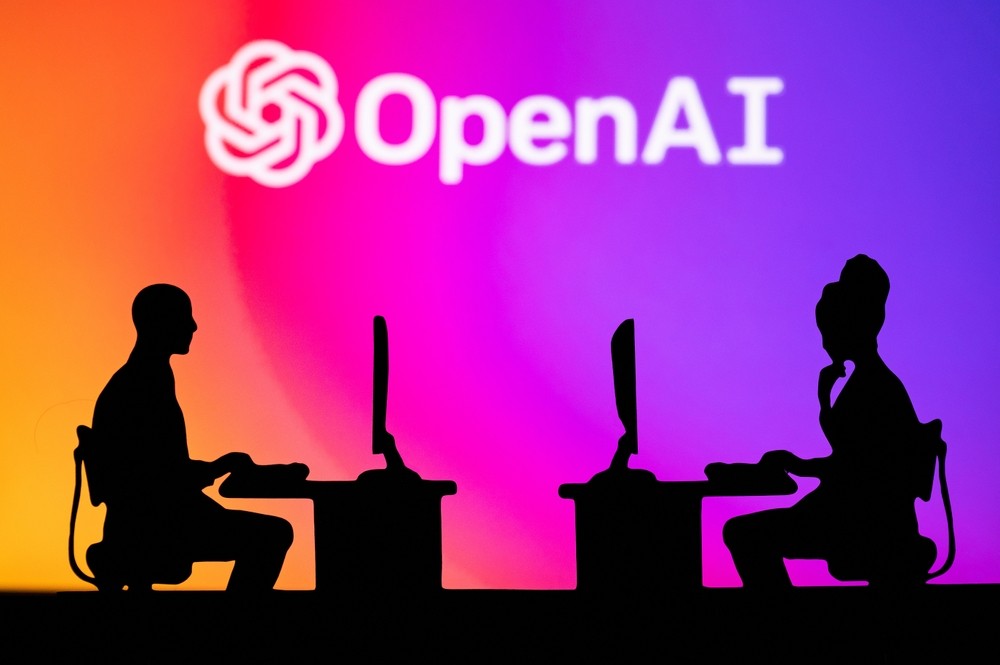
Leveraging AI allows organizations to reconfigure roles in a way that minimizes time spent on repetitive tasks and maximizes strategic decision making.
Leveraging AI, Not Stopping It
Businesses that want to leverage AI need to adapt. This includes educating employees, helping them to improve their skills, and creating frameworks for using AI technology in a responsible way. Companies that have already started doing this are likely to be more successful in the future.
While AI might not be about to replace people’s jobs, it will likely become a bigger part of everyday working life sooner rather than later. As AI algorithms and the technology based on them advance, businesses will need to learn how to work with AI and use it to augment the work of human employees. With the right approach, AI can help businesses become more efficient, drive innovation, and create new opportunities for workers.






